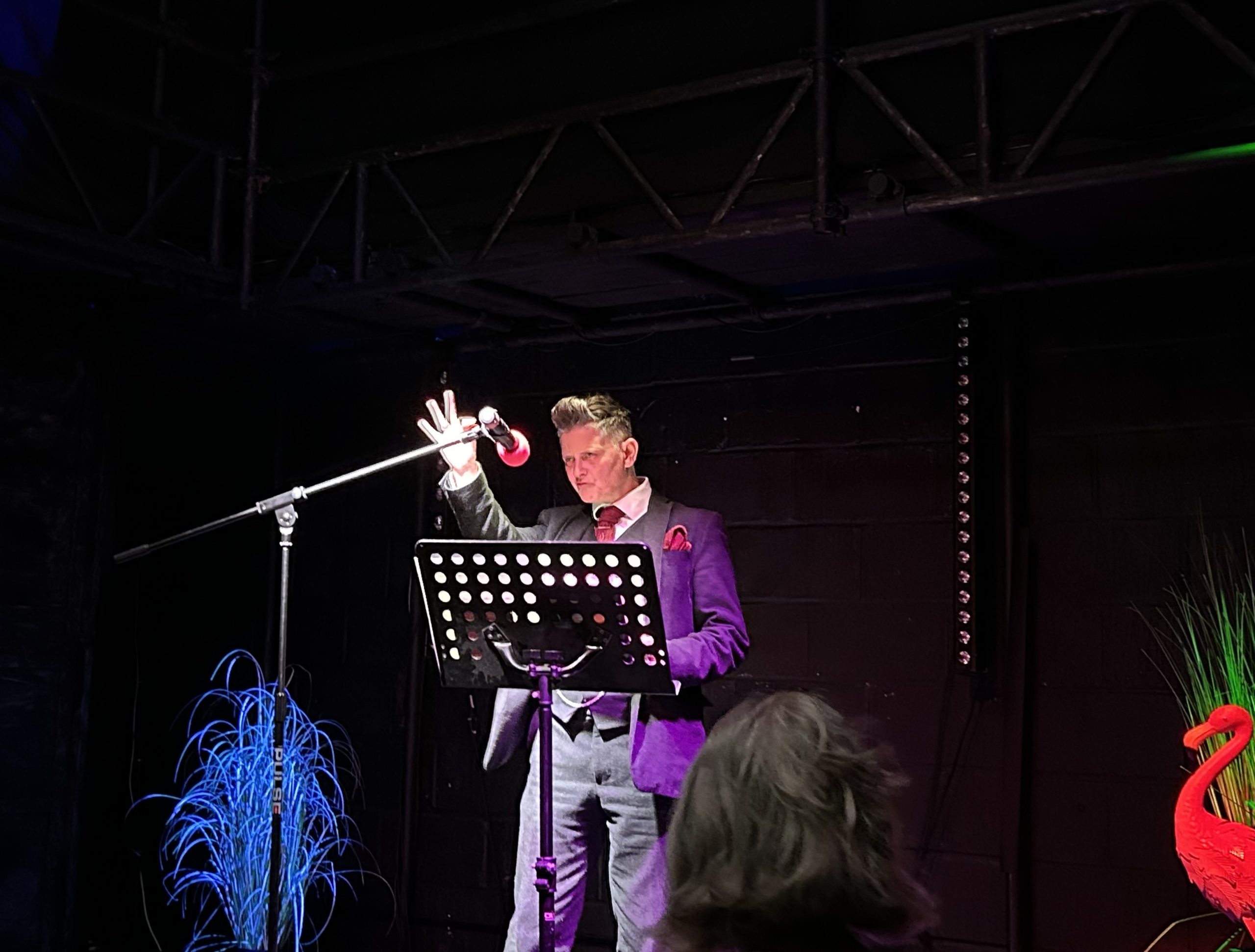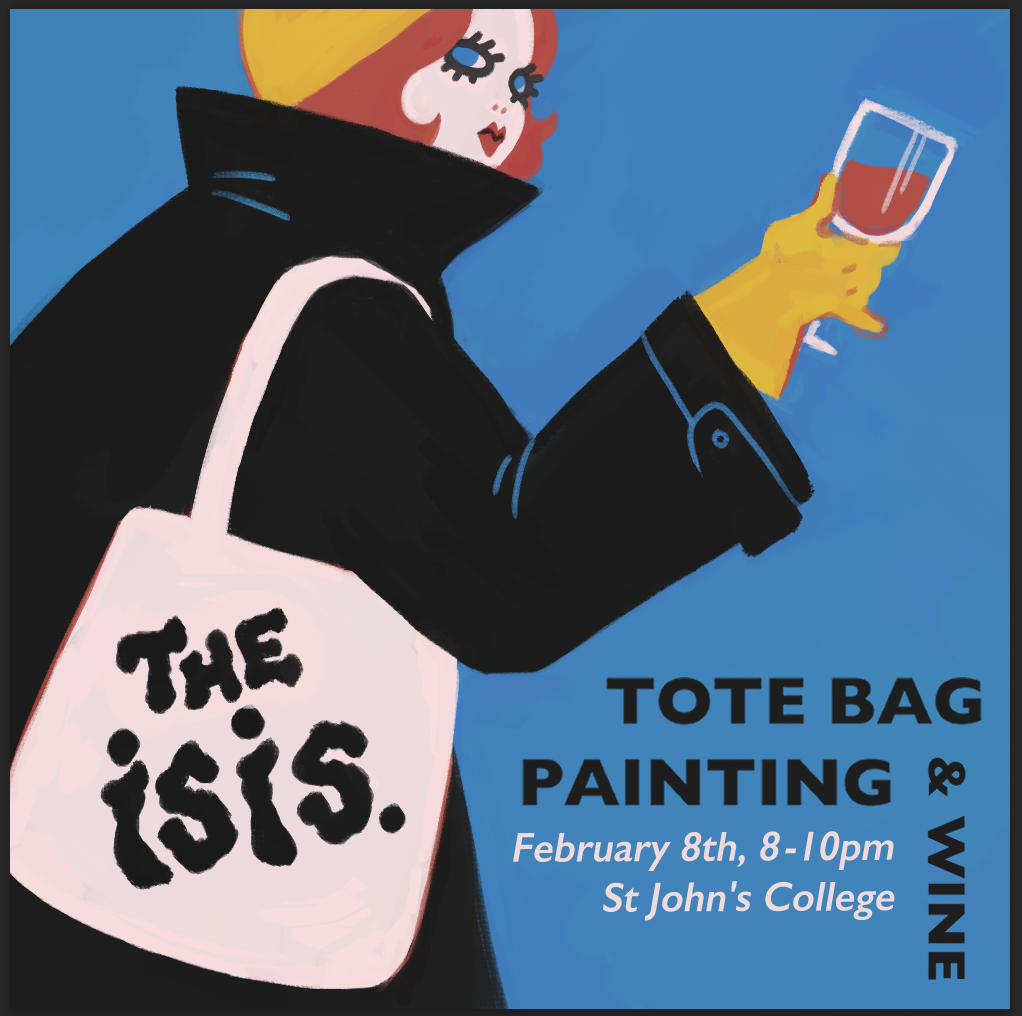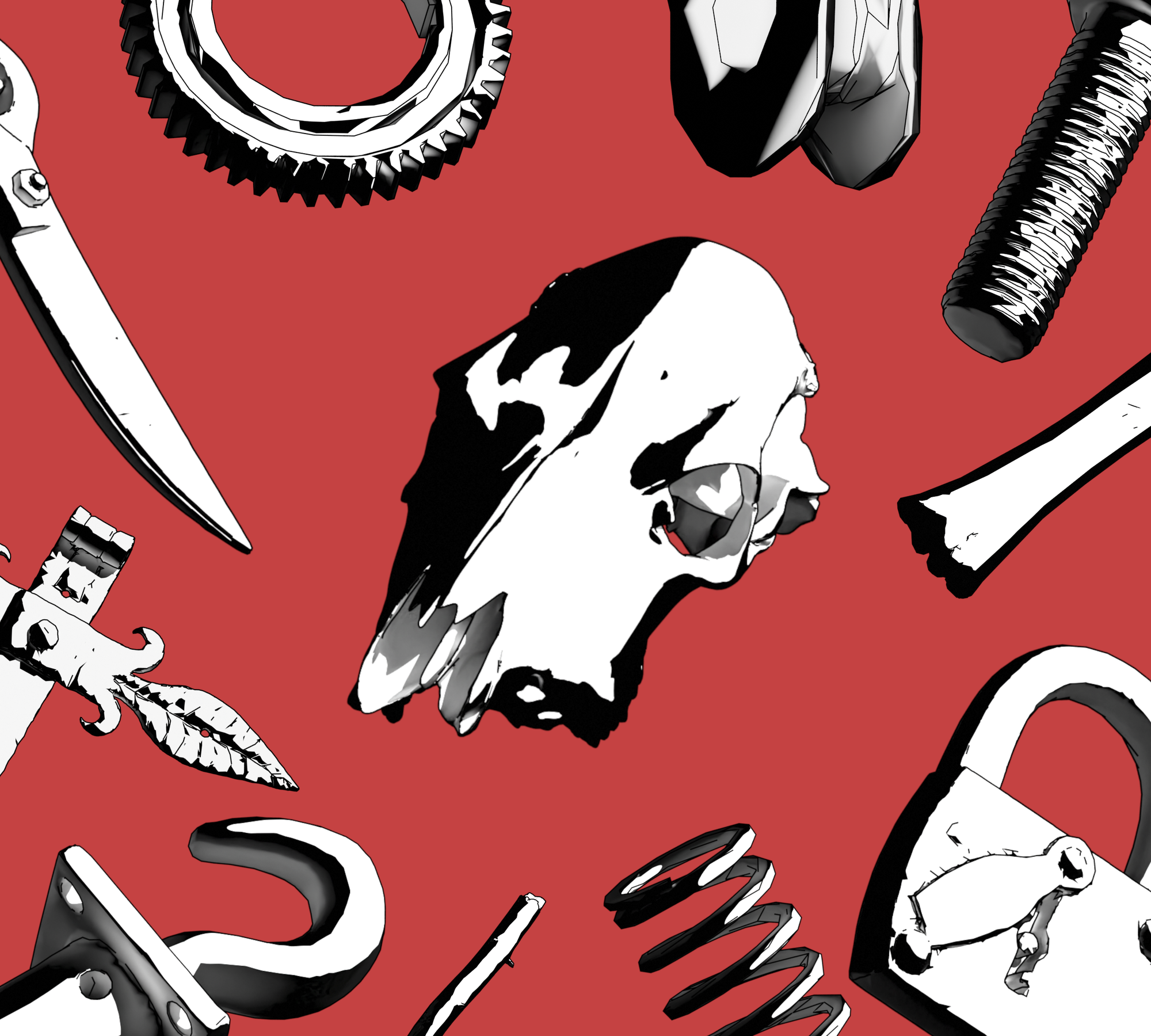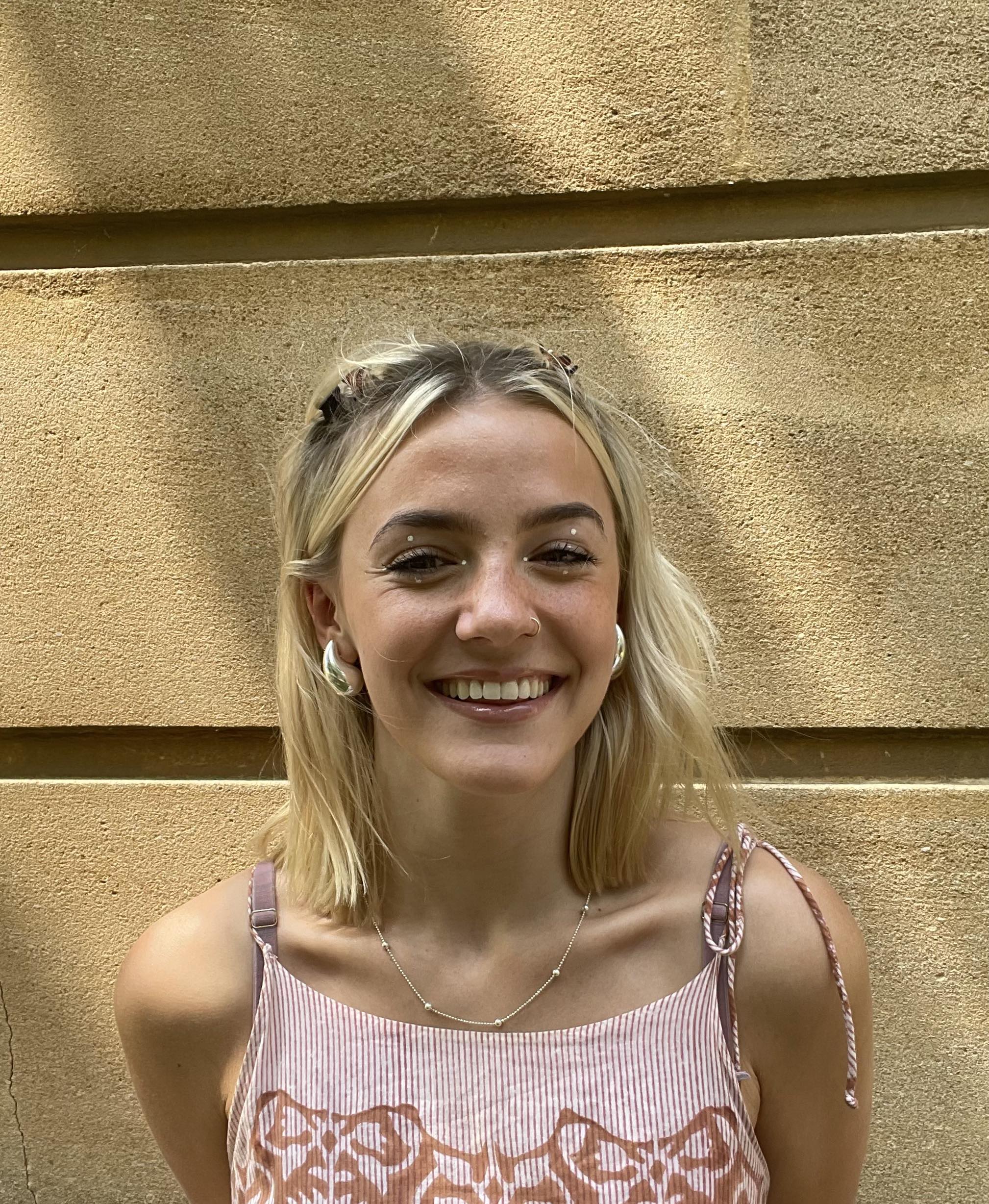
Polari Literary Salon: a c+nty night out

Having relocated from the Kate Bush tribute/inspired (still unclear) band performance, we were finally in the right space. Gutted because Baby Bushka sounded like a great time. Don’t worry, we bought merch later to apologise for abandoning their gig.
Thankfully Karen McLeod seemed charmed by my inability to read signs. Not an ideal quality in an assistant. I was supposed to be ‘managing’ her social media and learning about the publishing world. So far, I’d reread her books and spent lots of time figuring out Excel. But in the evenings, we went to events and this one was particularly exciting because it was in Brighton – home of all things gay.
Karen was one of the judges for the 2024 Polari Prize, the UK and Ireland’s only LGBTQ+ literary prize. The Literary Salon was a snapshot of this literary movement, showcasing queer authors and their work. I felt interesting, sat in the audience taking pictures, a proper assistant. That was until I realised, I knew none of the other (quite famous) authors at this event.
One: Orlando Ortega-Medina read from The Fitful Sleep of Immigrants, shortlisted for the Polari Book Prize 2024. It sounded complicated and devastating, taking the audience to a seedy room as attorney Marc Mendes is seduced by a client. His guilt and unease pooled in my stomach.
Slightly frazzled, I managed to snap open my M&S tinnie exactly as the applause ended, making everyone acutely aware that Maria and I had not bought wine from the bar like we were supposed to. She glared at me. Sorry.
Two: Karen read from Lifting Off, a beautiful and sharp account of sexuality and alcoholism. I took photos and grinned at her cool prose – which by this point I had memorised. She made everyone laugh and nostalgic for flights they had never been on and rude passengers they had never sat next to. (For context: Lifting Off is shaped around Karen’s experience as cabin crew)
“There were the ones who paid no attention, of course, but they would be the ones who would die, I figured, which brought a sense of satisfaction.”
Three: Joelle Taylor gave the most incredible and upsetting piece of performance art I have ever seen. She won the T. S. Eliot prize in 2021 for C+nto & Othered Poems. Apparently, the title comes from the obsolete Italian verb cuntare (to recount), but I prefer to imagine Ezra Pound scandalised. Delightfully, Joelle pronounced c+nto how you’d hoped she would.
“O, Maryville / let us walk alone at night / & let the night not follow us / let us drink too much / & awaken in each other’s mouths / o Maryville / let us be ugly”
Psalm, C+nto & Othered Poems, p.57
Joelle’s performance is impossible to translate into words. She took us to Maryville, a fictional lesbian bar. We met the memories of her “beardless youth”: Angel who you wanted to protect, Valentine who you wanted to fuck, and Dudizile and Jack Catch who you were scared of. Joelle stood on stage with her suit like body armour and strength that made you wonder if she would stamp a hole in the floor. She kept the threat of the angry men at the door until she couldn’t. And then she showed us her ringed fists and the hurt of the moment was amplified as I realised I had forgotten to wear my own rings.
Maria, my emotional support friend who I forced to come with me, cried. I didn’t cry because my contact lenses might have fallen out—and because I was thinking about my rings. I don’t think Joelle minded.
“Not one of my friends was allowed to live in her body unaccompanied. Always a lodger pacing in the box room always a landlord collecting rent.”
Round Five, the body as backroom, C+nto & Othered Poems, p.43
Four: Being the worst English student in the world, I didn’t recognise Neil Bartlett. Having since googled him, I realise what a humbling experience his performance was. Neil was completely vulnerable, sharing a first draft with us. Maria, the rest of the audience, and I were broken by his worst experiences, exposed for the first time in this dark room. You might know Neil best for his adaptation of Virginia Woolf’s Orlando, played by Emma Corrin and directed by Michael Grandage. Neil has an OBE, an Olivier nomination, and all my respect.
Five: Paul Burston—who founded Polari and who I accidentally called Sam—took the stage and read from We Can Be Heroes. Scenes from Pride (2014) played silently in my mind while Paul remembered police brutality at ACT UP protests. He established Polari in 2007 in, you guessed it, Soho. Their website describes them as “a celebration of LGBTQ+ words and voices” which I would say is true. Over our impromptu dinner of cheesy vegan hotdogs (sadly wouldn’t recommend), Maria told me the term Polari is exclusive to gay men. I nodded along and later went on Wikipedia. Apparently Polari was a kind of secret language which gay men adopted in order to evade discovery – perhaps also coming from Italian: parlare (to talk). I wondered if Joelle makes something of that.
I left feeling safe. A makeup bag of tater tots, C+nto & Othered Poems, and We Can Be Heroes accompanied me home.∎
Words by Isabelle Proctor. Image courtesy of Isabelle Proctor.







